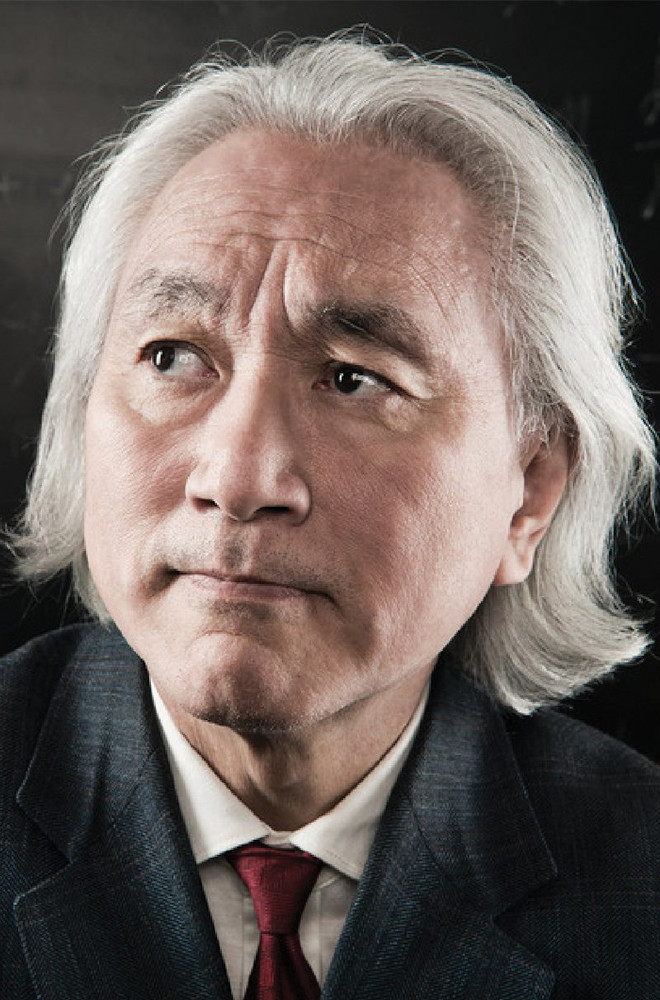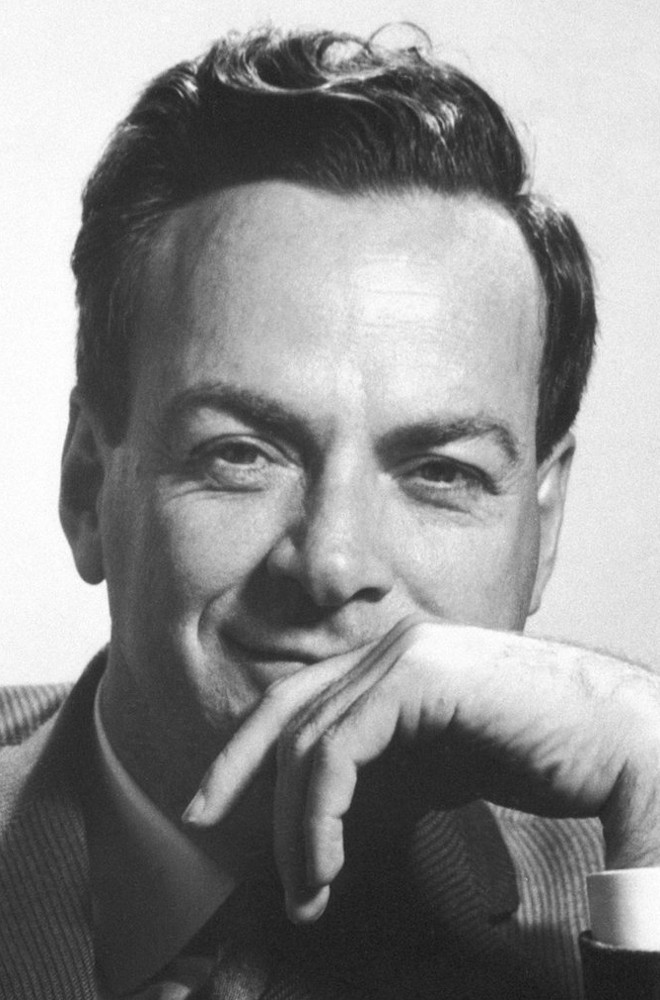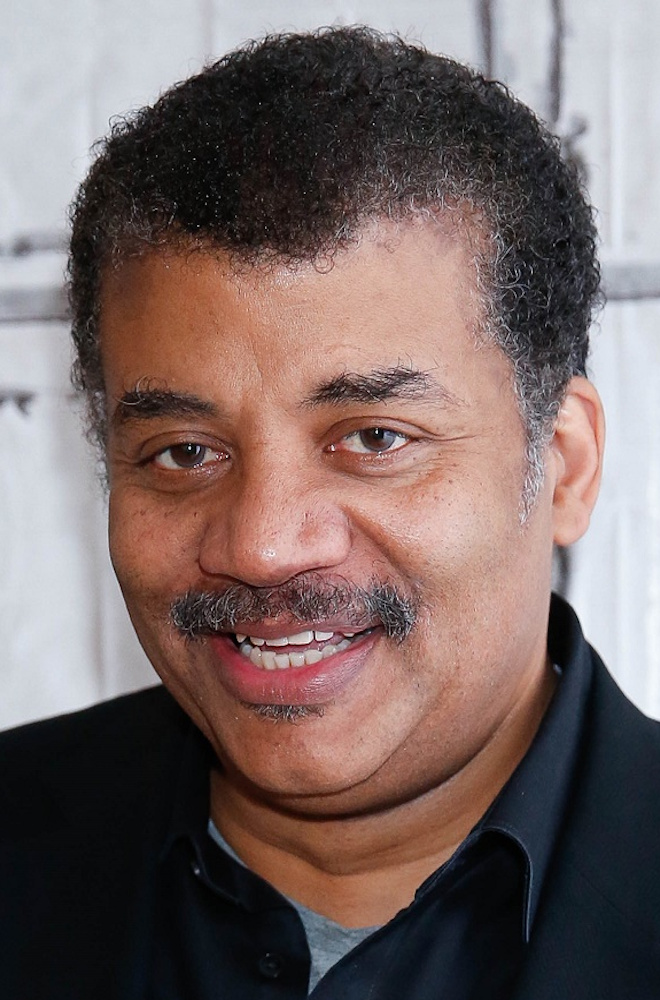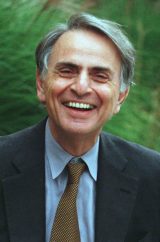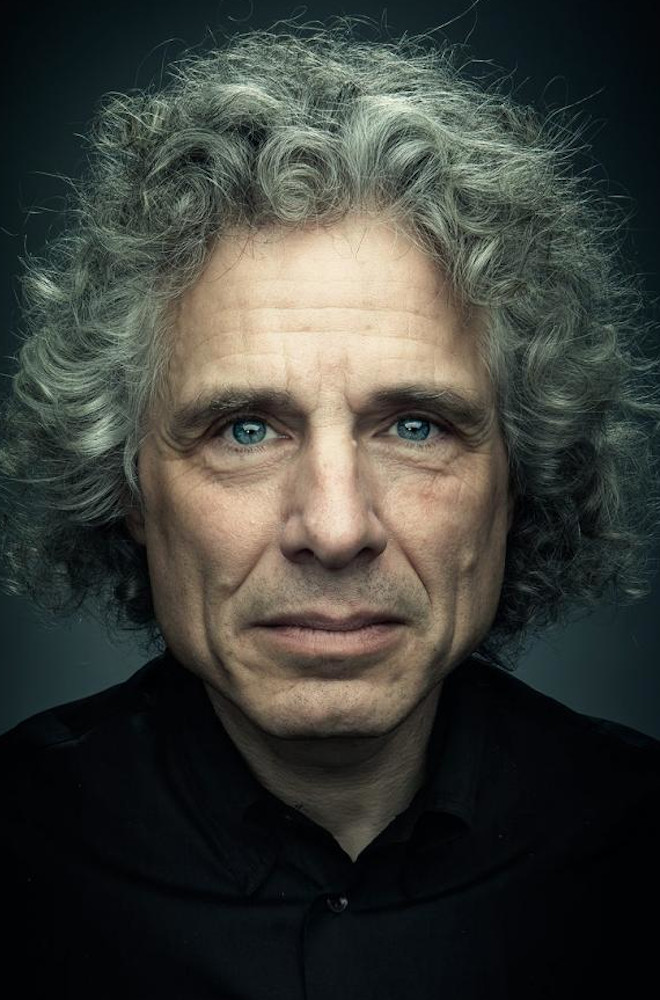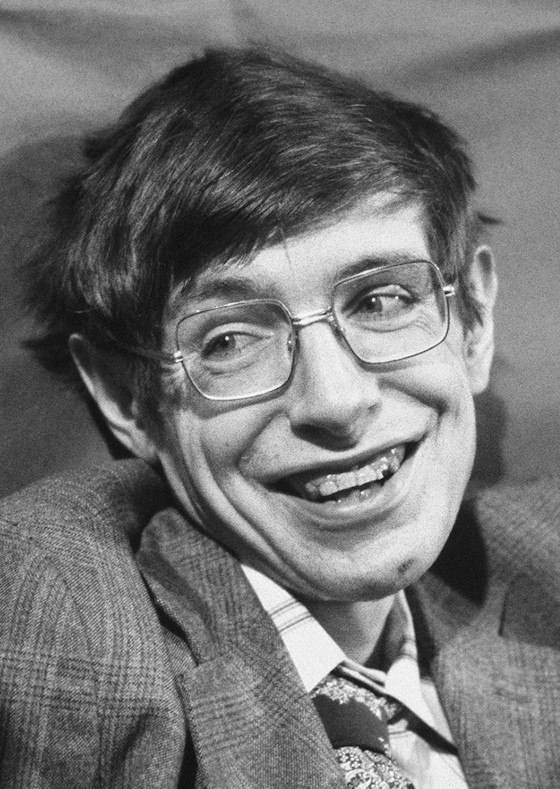 Celebrity Status
Celebrity Status
Few scientists – especially theoretical scientists – can claim to also be celebrities. And yet, that is exactly what Hawking achieved: brilliant scientific discoveries and world-renowned fame.
A Fighter
Born in 1942 in England, he became a Doctor in Cosmology from the University of Cambridge in 1966. By then, he had already been diagnosed with ALS (or Lou Gehrig’s disease), a condition that would put him in a wheelchair from the tender age of 22.
However, his physical condition did not dim his mind nor his wit. Although he never did win a Nobel Prize for Physics, he continued to give lectures on the universe for almost another five decades.
Prolific Author
Perhaps you’re wondering, how many books has Hawking written? Especially since, towards the end of his life, he could only communicate using a muscle on his cheek. You’ll be shocked to find that he managed to pen a total of 10 volumes, and we have a Hawking books list all ready for you to peruse through.
Best Stephen Hawking Books
| Photo | Title | Rating | Length | Buy |
|---|---|---|---|---|

|
A Brief History of Time | 9.76/10 | 212 Pages | Check Price On Amazon |

|
A Briefer History of Time | 9.88/10 | 176 Pages | Check Price On Amazon |

|
The Universe in a Nutshell | 9.74/10 | 224 Pages | Check Price On Amazon |

|
Black Holes and Baby Universes | 9.62/10 | 192 Pages | Check Price On Amazon |
A Brief History of Time
 Where Are We?
Where Are We?
When you stop and think about it, you are just a person standing on a spherical planet that is spinning on its axis, and around the sun. And the sun and its entire solar system are, at the same time, spinning around in the middle of nowhere.
Or not nowhere. In the universe. And if there is someone who can make that awe-inspiring and mind-bogglingly complex notion of “the universe” as comprehensible as possible for other mortals with more average IQs, it’s the most famous scientist in this legendary and one of the best Stephen Hawking books.
Small Book, Big Ideas
This best book by Stephen Hawking includes all kinds of cosmological theories: his ideas on black holes, about time and the possibility of time travel, on how the universe is expanding… and where it’s going as it grows.
Recommendable for readers who have some background in math and physics, although you don’t need to be a genius to understand it. However, some grasp of basic physics and mathematics will help with the reading.
God Willing
Perhaps the most surprising thing about this one of Hawking’s best-rated books is that he commonly uses God as a reference. Most of us believe that science and religion do not mix, but in his one of the most popular Hawking books, the Cambridge educated cosmologist manages to integrate both visions of the universe.
A Briefer History of Time
 Updated Version
Updated Version
A Briefer History of Time is an updated version of his first-ever published book and the most famous book of Hawking, A Brief History of Time. It was published in 2005, more than 15 years after the original one.
This is slightly more simplified than the first book in our Stephen Hawking book reviews. Most of the original topics are covered, including wormholes, and Hawking goes over the same subject matter.
Basically, this book helps us understand what the universe is. It does include complex concepts, BUT most of it is easily understandable, so hats off to Hawking for breaking down the infinity of the cosmos into 176 easily-readable pages.
Physics for Dummies
2 reasons compelled Hawking to release this second edition.
First, there were a lot of readers who kept telling Hawking that they were very interested in the concepts and ideas he explored in A Brief History of Time, but that they were sadly unable to follow some of the more advanced physics in the book. They felt like they were missing out.
Hawking has always wanted his ideas to reach as wide a public as possible, so he released A Briefer History of Time in an attempt to simplify and make his life’s work even more accessible.
The other, chronologically logical, reason, was to bring his original work up-to-date with the most recent scientific discoveries. Thus, a modern version of the all-time classic and one of the best books by Stephen Hawking was released.
Removed Concepts
Some purely mathematical concepts have been removed, and Hawking has expanded on other topics that stirred the most interest among readers. Where in A Brief History of Time these ideas were scattered throughout the rest of the book, they have now been condensed and given their own chapters. Also, newer developments have been given more screen time, such as string theory.
It includes full-color illustrations. And don’t despair. When you’re not sure of something, keep reading. Hawking has a knack for bringing things together.
Were the Stephen Hawking books to be ranked, this one scores highest with those that lack a scientific background. It is definitely one of the top Stephen Hawking books for beginners.
The Universe in a Nutshell
 Best-Seller
Best-Seller
Published in 2001, The Universe in a Nutshell is another of Hawking’s best-selling books and his third major book.
The main focus of the book are the topics of Quantum Mechanics, General Relativity, M-Theory, and, of course, Black Holes.,
It includes a lot of diagrams and high-quality graphics lots of diagrams; they serve to really help picture the concepts, especially for those who wish to visualize some of the most complicated topics.
Short and Sweet
This one merely scrapes the infinite surface of the cosmos – perhaps not one of the favorite Hawking books for those that are looking for more in-depth analysis. If that’s your case, other works by him would be more recommendable. It is the best Hawking book to start with for those that just want to get a quick and brief idea of most major physics concepts, to start laying the groundwork for understanding the universe.
Helps to have a background in physics, ideally having read one of Stephen Hawking’s best books: A Brief History of Time. In fact, it is recommended to read this one first, which gives the right platform from which you can spring off to The Universe in a Nutshell.
Question Everything
Hawking asks a lot of philosophical questions here, making the reader think for themselves and question everything, which is something that Professor Hawking always encouraged others to do.
The Theory of Everything
 Collection of Lectures
Collection of Lectures
Published in May 2002, this is one of Hawking’s most famous books that is actually a collection of a total of seven lectures given by the Professor on cosmology. Each lecture has a theme, such as Black holes or the direction of time. And it comes to an end with the lecture on The Theory of Everything, which gives name to this best Stephen Hawking book.
Hawking believed that hopefully, one day physicists would find a theory for everything; in other words, a single theory that could explain everything and even predict the future. When that day came, the theory had to be understood by everyone, not just as few scientists.
As of right now, the status of the scientific community consists of several theories explaining different aspects of the universe, but not one ring to rule them all yet.
Meeting of the Minds
The Theory of Everything introduces the reader to some works of other great scientists in history, such as Newton, Einstein, Aristotle.
It does have technical jargon and terms – it is a specialized book, after all. But Hawking tries to make it non-tedious with his characteristic simple way of explaining things and sense of humor.
However, this may require people without a scientific background to perhaps put in a little more effort and curiosity to understand certain concepts. But learning is fun, no? And bonus: it will give you a whole new perspective on science-fiction movies though.
Black Holes and Baby Universes and Other Essays
 Interview Starring Stephen
Interview Starring Stephen
Published in September 1994, this is the second major science book Hawking wrote.
By the time this book was published, Hawking had managed what few scientists do: to become a celebrity. And as happens with celebrities, the general public was curious to know about him specifically; hence, why his fanbase was pressuring him to write an autobiography.
The Oxford Professor did not want to write one, as he makes clear, but Black Holes and Baby Universes is a sort of compromise because it is spattered with details about Hawking’s personal life and his history. The reader will find funny anecdotes about the famous theoretical physicist.
And, an entire chapter is dedicated to an interview he gave, so it’s almost like having a conversation with the brilliant scientist himself (or at least, listening in on one).
Baby Universes
Hawking’s initial theory was that black holes were what gave rise to a universe, it was the beginning of a universe. That is what Hawking called the “Baby Universes”. Here he also starts to elaborate on what would be a recurring theme throughout his life work and books: the idea that scientists could and should find a Theory of Everything.
As usual, Hawking poses some truly mind-boggling questions to get the reader thinking. Such as: “Although science may solve the problem of how the universe began, it cannot answer the question: Why does the universe bother to exist?”
Black Holes: The Reith Lectures
 Black Holes and Hair
Black Holes and Hair
The Reith Lectures are an effort the BBC has been making since 1948 to add and further cultural curiosity in the general public. In 2016, they invited Hawking for his famous Do Black Holes have no hair? lecture, which was then turned into a book. Much like its topic, it takes up little space but it is packed with information. Academic information, in this case.
The title is a pun on the initial outrage the term “black hole” sparked among the French – and proves that scientists are no different to the rest of us.
Reading Black Holes is almost like listening to a lecture by Hawking, the best book for those who love to attend those!
Disproving Theories
The Professor covers why Einstein’s equations don’t work on a singularity, because Einstein believed that matter had a limited capacity for compression. So, black holes could never have existed, because gravitational collapse would not occur.
He also goes into how the Black Hole information paradox clashes with the Quantum information theory that all information (as the physicist understands it, from a quantum point of view) in the universe must be conserved. It is the book for those who are fascinated by the many theories, and the relationships between them.
This is one of the best Stephen Hawking books interesting enough to suck you in, much like the stellar trait of the Professor’s favorite topic.
The Grand Design
 Collaborative Effort
Collaborative Effort
Published in 2010, after a long hiatus in his writing career, Hawking teamed up with Leonard Mlodinow, the American physicist known for his theories on large N expansion and quantum theory of light inside dielectrics.
Settle the Debate?
The Grand Design tackles one of the questions that has had humanity bickering for centuries: is there a Grand Design (and thus, a Grand Creator)? Is the universe too perfect to be just a product of chance and a long list of coincidences? Or are we living in chaos and things just happen?
A favorite Stephen Hawking book for those fascinated by this conundrum, which is far from being settled.
Multiple Universes
The authors revisit their theory of “multiple universes”, an idea that creates quite the mind-bend when it comes to how we view time. Especially since all of these universes are coexisting simultaneously, each one with its own laws but happening at the same time. And oh, the past is not really what we think it is, because it doesn’t take on a definite form and… let me just allow Hawking and Mlodinow to explain this, as I’m sure they’ll do a far better job at it.
The authors posit that M-Theory might just be the Theory of Everything that even Einstein was looking for, and view it as the only theory that, at the moment, can vie for the top spot at the theoretical physics podium.
In his constant attempt at making complex theoretical physics understandable to even the most scientifically and mathematically challenged readers, Hawking and Mlodinow have included graphics and illustrations that help with the assimilation process. Add this Hawking’s best book to the list of your must-reads.
My Brief History
 Finally: A Book About Stephen Hawking
Finally: A Book About Stephen Hawking
His love for succinctness is also present in his most autobiographical book. After years of pestering, he now shares his most personal memories.
If you were hoping for an embellished and flowery narrative though, you might be disappointed. In this book, the author remains a scientist through and through. He gives the facts, and exclusively the facts, about his life. More sentimental conclusions can be reached by the reader by him or herself.
A Man of Few Words
The entire book is just 126 pages long. However, taking into consideration that his average typing speed when he wrote this one and only book on Stephen Hawking was 4 to 5 words per minute, it is still an impressive achievement. Furthermore, it is the only version of the brilliant man’s life we will get to know, as seen and experienced by him first hand.
A Stephen Hawking books best read by those who wish to know about his early childhood years, anecdotes about his classmates, what his marriages were like, his children, and what the diagnosis of ALS did to his life.
God Created the Integers
 Count Me In
Count Me In
In the entire list of books written by Stephen Hawking we have presented, this is the most adequate for number addicts and math fans. It is certainly the most technical, and it will require the reader to follow Professor Hawking’s train of thought as he meanders through the most important mathematical breakthroughs in history.
While some of us can only perform arithmetic calculations on our fingers, some of the most brilliant minds have managed to gain insight into the way the universe works using only… mathematics. Prepare to be blown away by how far numbers have taken scientific progress in this book.
Mathematical Remix
God Created the Integers is a book written by Hawking only partially because he has collected the works and essays of the mathematicians that came before him. He does, however, give an introduction and some background information so that the reader can grasp the importance of what is being said. Especially since some texts date as far back as Euclid.
Brief Answers to the Big Questions
 Final Thoughts
Final Thoughts
This is the last in the Stephen Hawking books in order, as it came to a stall. When he was working on it when he was already very sick and died without finishing. His family and teammates continued to write the book, using his essays to complete his notes.
Thought-Provoking
Hawking was known to like posing open-end questions that would make the mind’s wheels turn. This is one of Hawking’s best-selling books, where is a lot of question marks hanging in the air.
Is there a God? How did it all begin? Is there intelligent life in the universe? Is time travel possible? Can we predict the future? Can AI outsmart us?
Wide Scope
All these questions are naturally outside the scope of physics, strictly speaking. But Hawking’s genius was admired by so many, that people often posed these big questions to him in the hopes that his mind would find a way to answer them.
For those looking for answers, you hopped off on the wrong station. This book includes no yes or no answers. It will, however, open your mind regarding certain concepts, giving scientific explanations.
And, as usual, you will get a side of humor and wit, which shows that physics geniuses aren’t all dry as dust and stuffy academic bores. With the last book in our review we covered all Stephen Hawking books that we love. We hope you liked it!
Michael Englert
Michael is a graduate of cultural studies and history. He enjoys a good bottle of wine and (surprise, surprise) reading. As a small-town librarian, he is currently relishing the silence and peaceful atmosphere that is prevailing.
